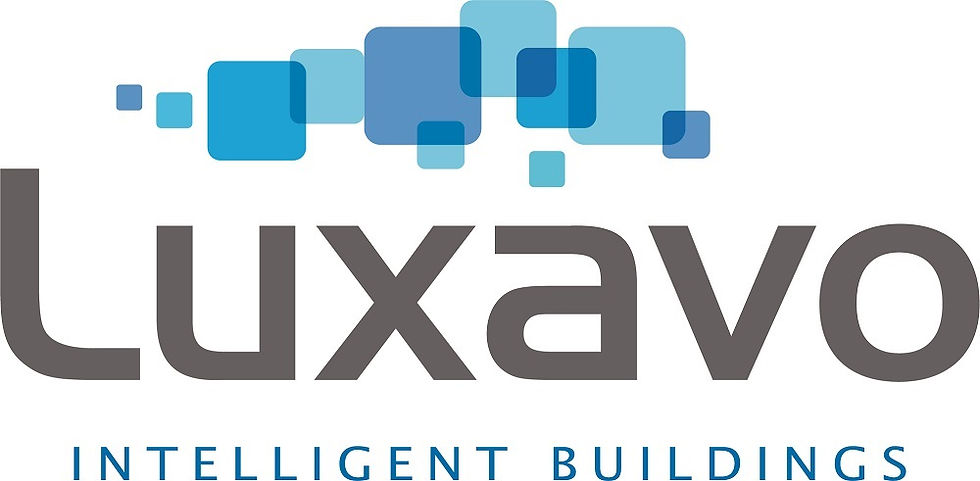Why does system design matter on a project?
- greg2950
- Sep 1, 2023
- 3 min read
Design & Planning:
Designing and planning the implementation of a smart integrated control system for residential homes and commercial buildings requires careful consideration and meticulous planning. The process typically begins with a comprehensive assessment of the property's specific needs and objectives. Designers and engineers work closely with the property owners or stakeholders to understand their requirements, preferences, and budget constraints. This initial phase is crucial as it sets the foundation for the entire project.

Once the requirements are established, designers create detailed schematics and drawings that outline the placement of sensors, control panels, wiring, and other essential components. These drawings take into account the layout of the building, the locations of electrical outlets, and potential interferences.
The planning and design process includes the selection of compatible devices and technologies that will be integrated into the system. Whether it's smart thermostats, lighting fixtures, security cameras, or audio-visual equipment, these components must work seamlessly together. Compatibility and interoperability are key considerations to avoid issues during installation and operation.

Careful planning is essential to ensure the system meets safety, regulatory, and functional requirements while allowing for future expansion and upgrades as technology continues to evolve. A well-designed smart integrated control system is becoming increasingly vital for both residential homes and commercial buildings in today's technology-driven world. These systems offer a multitude of benefits that enhance convenience, energy efficiency, security, and overall quality of life. In this era of interconnected devices and automation, their importance cannot be overstated.

The Benefits:
First and foremost, a smart integrated control system streamlines the management of various functions within a property. For homeowners, this means having the ability to control lighting, heating, cooling, security, entertainment systems, and more from a single interface, often through a smartphone or tablet. In commercial settings, building managers can monitor and optimise energy usage, access control, and HVAC systems, improving operational efficiency and reducing costs.
Energy efficiency is a significant advantage of such systems. With real-time monitoring and automation, users can optimise energy consumption, reducing their carbon footprint and energy bills. Lights, thermostats, and appliances can be programmed to operate only when needed, and sensors can detect occupancy to adjust settings accordingly. This not only saves money but also contributes to a sustainable future.
Safety and security are paramount in both residential and commercial spaces. Smart integrated control systems offer advanced security features like surveillance cameras, motion sensors, and remote access control. Users can receive real-time alerts and monitor their properties from anywhere, enhancing peace of mind. In emergencies, these systems can automatically notify authorities, reducing response times.
Convenience and comfort are also greatly improved. Imagine arriving home to a well-lit, climate-controlled environment with your favourite music playing, all without lifting a finger. For commercial spaces, automated systems can create a comfortable and productive work environment, boosting employee morale and productivity.
These systems enable customisation to suit individual preferences. Lighting can be adjusted to create the perfect ambiance for different occasions, and entertainment systems can be integrated for a seamless entertainment experience. In commercial buildings, conference rooms can be pre-set for presentations, and lighting can be adjusted for meetings or collaborative work.
Scalability is another advantage. Whether you're adding more devices or expanding a commercial property, a well-designed smart integrated control system can easily accommodate growth, making it a cost-effective long-term investment.
Moreover, these systems enable customisation to suit individual preferences. Lighting can be adjusted to create the perfect ambiance for different occasions, and entertainment systems can be integrated for a seamless entertainment experience. In commercial buildings, conference and board rooms can be pre-set for presentations, and lighting can be adjusted for meetings or collaborative work.

In summary, a well-designed smart integrated control system is indispensable for modern residential homes and commercial buildings. The design and planning of your integrated control system is a crucial piece of the jigsaw and sets the foundation for the entire project. As technology continues to advance, these systems will only become more sophisticated and indispensable, making them a wise choice for anyone seeking to improve their living or working environment.
To discuss your plans, residential or commercial, why not contact one of the Luxavo Team today. From start to finish, our process is clear and meticulous, which allows us to create a client specific, enlightened plan.
Luxavo Email: info@luxavo.ie or Phone: (01) 908 1202 or (042) 942 0261

#smarthome #smartlightingsystem #homeautomation #Intelligentbuildings #lightingdesign #InstantControl #AV #design #architects #interiordesigners





Comments